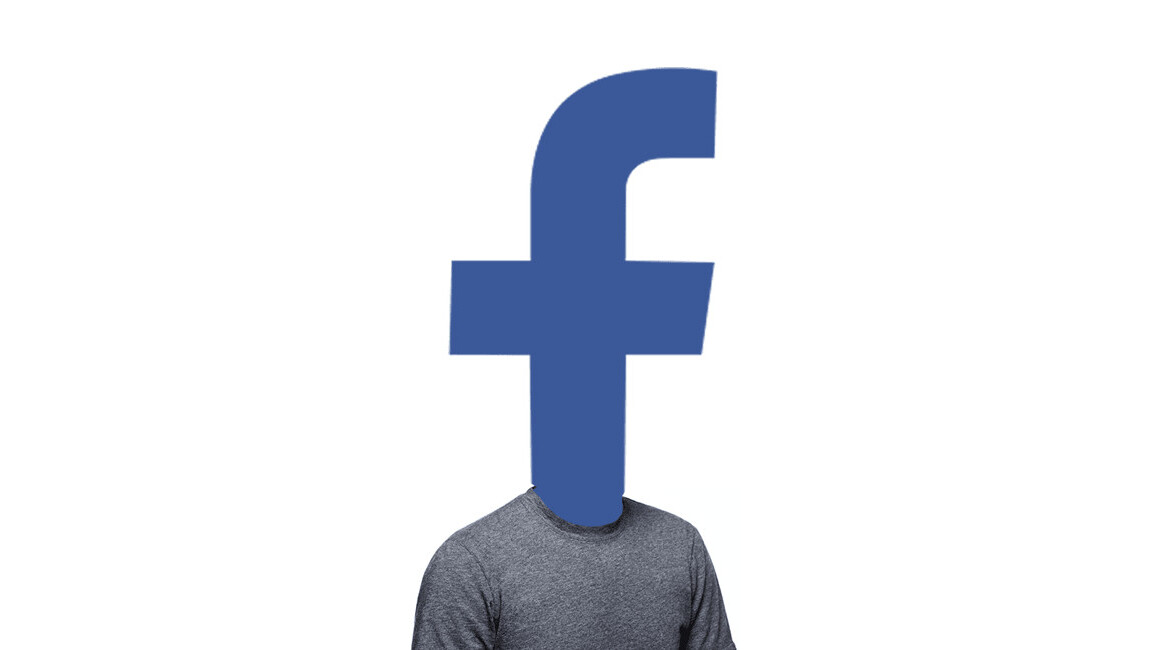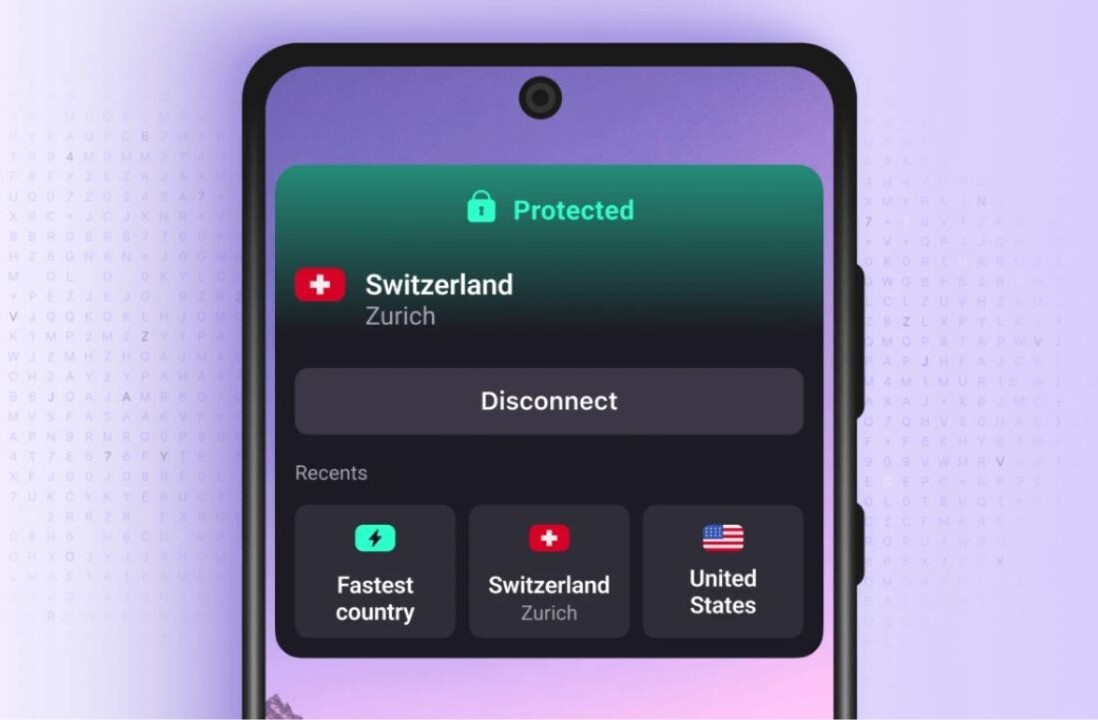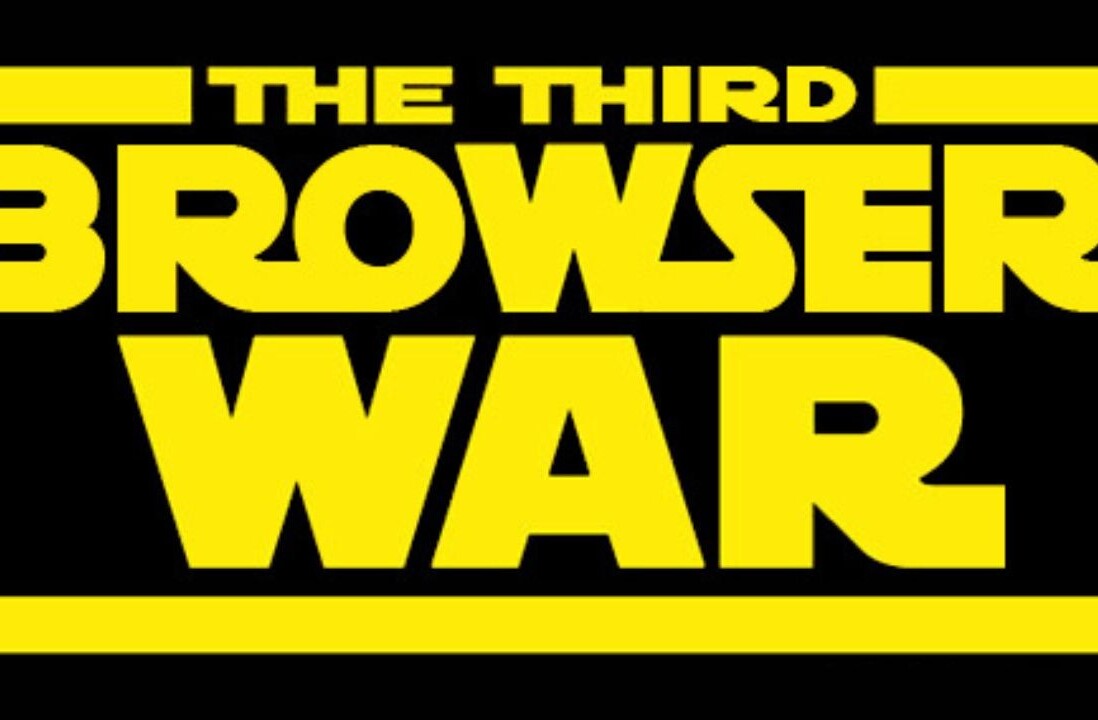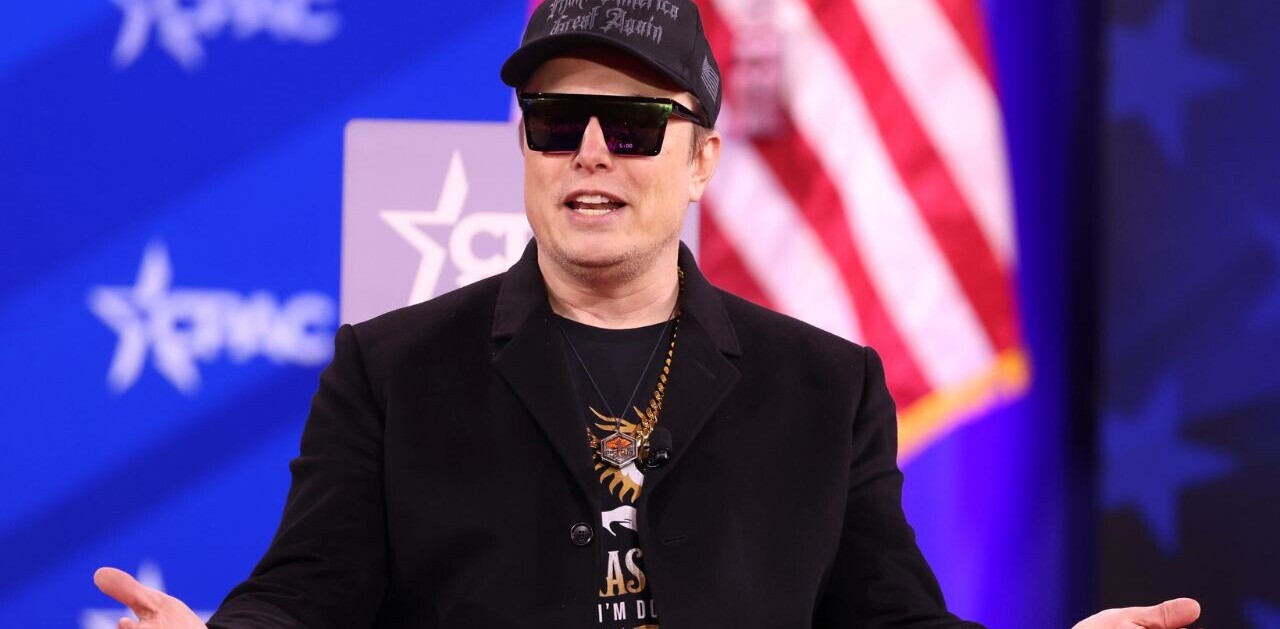
Mark Zuckerberg wants to make Facebook less like a town square, and more like a living room.
So he declares in a massive blog post earlier this week, a winding read on Facebook’s potential for change and the future of the internet altogether. After building an multi-billion-dollar business on the idea of open sharing, Facebook is ready to become a more private, intimate kind of social network.
You can read the full 3,200-word blog post here, but we’ve broken down the key points of Zuckerberg’s plant below – as well as their potential pitfalls.
The gist of it? Make Facebook more like WhatsApp.
Messaging comes first
Early on in the missive, Zuckerberg says: “In a few years, I expect future versions of Messenger and WhatsApp to become the main ways people communicate on the Facebook network.” The idea that the intimate space of messaging is the future of social networks permeates the entire post – a bit ironic considering how long messaging has been around for.
Still, you can expect Facebook to place a higher emphasis on private conversations. While broader social networks have their place – Zuckerberg cites finding communities, fundraisers, and growing businesses as examples – the focus should be on private interactions.
While sharing on Facebook initially felt like posting something on a bulletin board for friends and family to see, recent scandals have shown us the consequences of public sharing. Now, Facebook plans to make it faster, easier, and safer to interact privately with friends, groups, and businesses.
Encrypt all the things
Zuckerberg says: “People expect their private communications to be secure and to only be seen by the people they’ve sent them to — not hackers, criminals, over-reaching governments, or even the people operating the services they’re using.”
For this, Facebook needs end-to-end encryption throughout its services. Once again, WhatsApp is the poster child. Zuckerberg notes how government “often make unlawful demands for data,” and how encryption has at times saved the lives of dissidents.
At the same time, encryption makes it more difficult to catch bad people doing bad things, so the company is exploring ways to detect patterns of activity or use other means to catch bad actors even with encryption. Still, he acknowledges that Facebook “will never find all of the potential harm” it can now when security systems can see the messages themselves.
While Facebook plans to encrypt all its messaging services in the near future, it won’t do so until it’s discussed out how to stop bad actors with an encrypted system.

Make posts disappear after a given time
Zuckerberg wants more posts to auto-expire, perhaps after a month or year. Keeping information around for less time naturally makes it less likely to hurt you in the future.
That means you might avoid your boss seeing those embarrassing college photos, but it’s a stark contrast to the Facebook that in 2011 basically pitched the ‘Timeline’ profile as a way to view the history of your entire life.
Of course, some people want to look at their old photos, so Facebook will have to find a way to reduce permanence without eliminating Facebook’s memory lane uses. It could, for instance, automatically hide older posts instead of outright deleting them. Facebook also says it’ll give you the option to choose how long posts stick around for.
Make apps work with one another
One of the most annoying things about modern communication is that every other person seems to use a different messaging app. Some people use WhatsApp exclusively. Others use Messenger. Some only text and yet others use Instagram Direct. Zuckerberg wants all of these to work together.
This interoperability would allow you to, for example, sell something on Facebook’s Marketplace and respond in WhatsApp without giving away your phone number. It means you could post a story on both Instagram and Facebook and get responses all in one place. On the other hand, it begs the question of why have so many disparate services in the first place.
Don’t bow to countries with a record on human rights
Facebook won’t build data centers in “countries that have a track record of violating human rights like privacy or freedom of expression.” This makes it more difficult for said countries to access people’s data or punish Facebook employees for not providing it.
Zuckerberg acknowledges this approach will lead to its apps being blocked in some countries; Facebook’s efforts to break into the Chinese market come to mind. But it seems now the company is ready to accept it can’t grow everywhere. “That’s a trade-off we’re willing to make,” says the CEO.
Have an open conversation about the future of social media
Zuckerberg admits that a lot of these decisions are still in the early stages, and that the company needs to consult with experts, regulators, and law enforcement to strike the right balance between privacy and openness.
It’s a dramatic reversal from the company Facebook was two years ago, but Zuckerberg says he’s committed to change:
“I understand that many people don’t think Facebook can or would even want to build this kind of privacy-focused platform — because frankly we don’t currently have a strong reputation for building privacy protective services, and we’ve historically focused on tools for more open sharing. But we’ve repeatedly shown that we can evolve to build the services that people really want, including in private messaging and stories.”
Nonetheless, much of the post feels like a retcon. Zuckerberg repeatedly leans on the privacy strengths of WhatsApp, when it’s just one part of the three pillars of Facebook’s massive social media empire. And it’s not without its own security flaws.
In the wake of Cambridge Analytica, massive security breaches and more it’s difficult to not be cynical about Facebook’s desire to change. A report by Edison Research suggests the company has 15 million fewer users in the US than it did in 2017. I’d be willing to bet a significant portion of that is due to growing mistrust in Facebook, or at least users not trusting it enough to be worth the hassle.
But maybe, just maybe, Facebook does want to change for the better. For all its faults and missteps, Facebook still has an influence on the future of the internet that few can match. Whether it’s turning a new leaf because it has to or has truly had a change of heart, let’s hope Facebook changes for the better.
TNW Conference 2019 is coming! Check out our glorious new location, inspiring line-up of speakers and activities, and how to be a part of this annual tech bonanza by clicking here.
Get the TNW newsletter
Get the most important tech news in your inbox each week.




